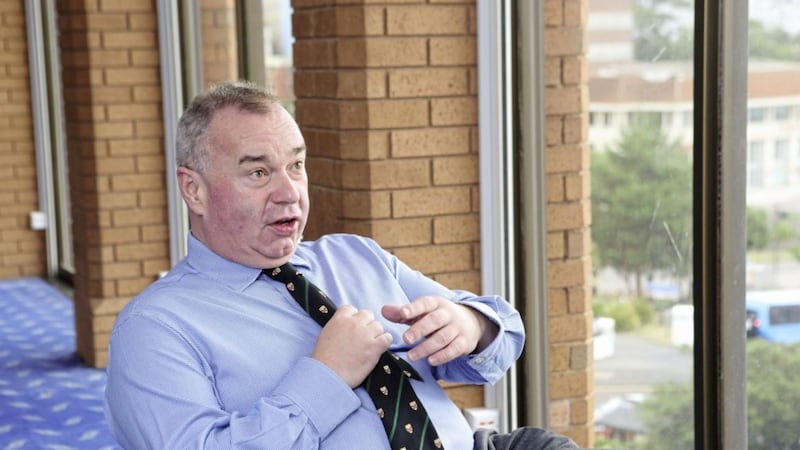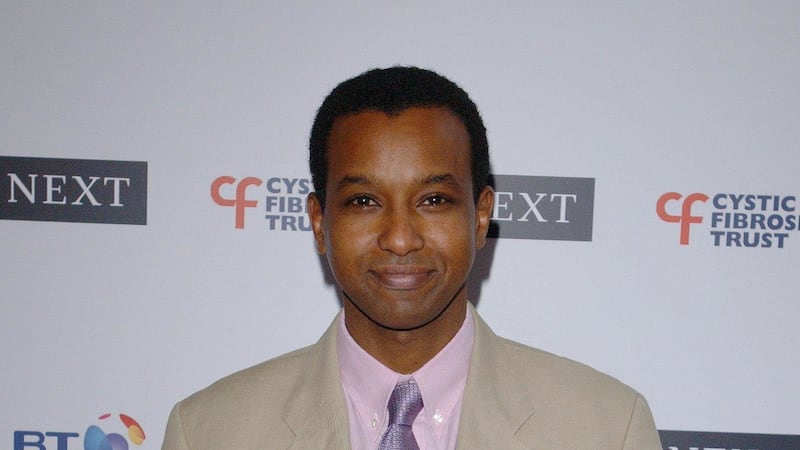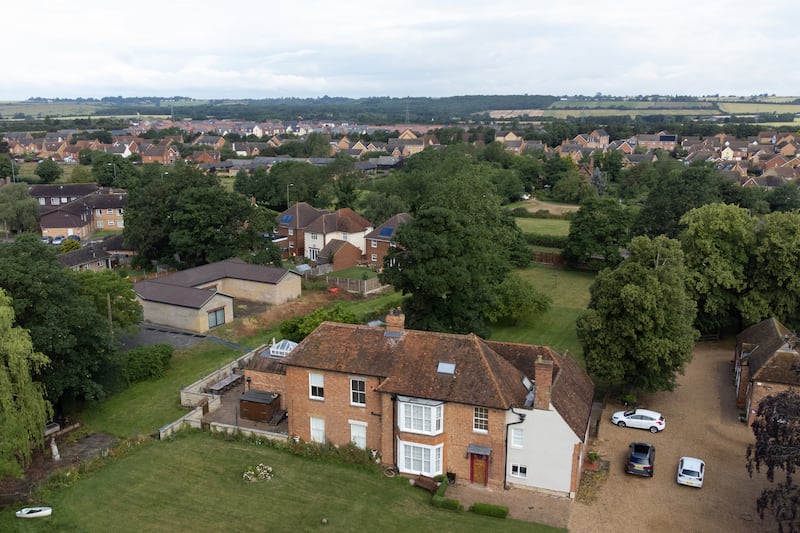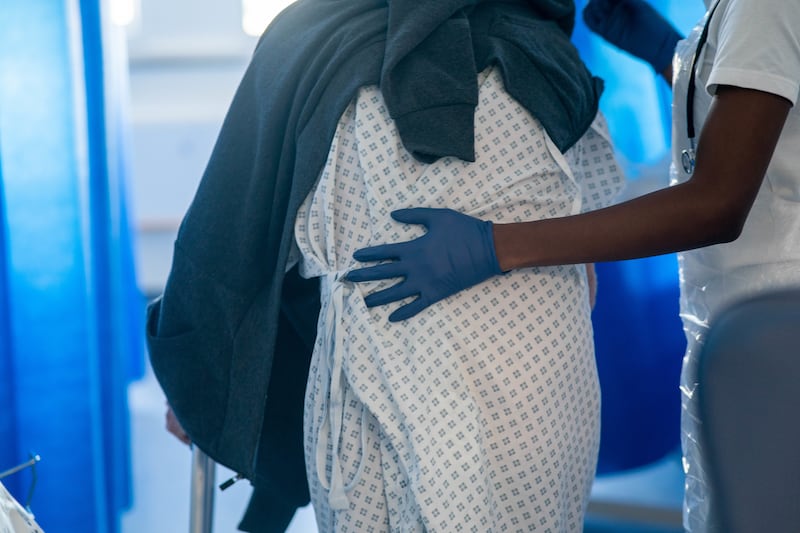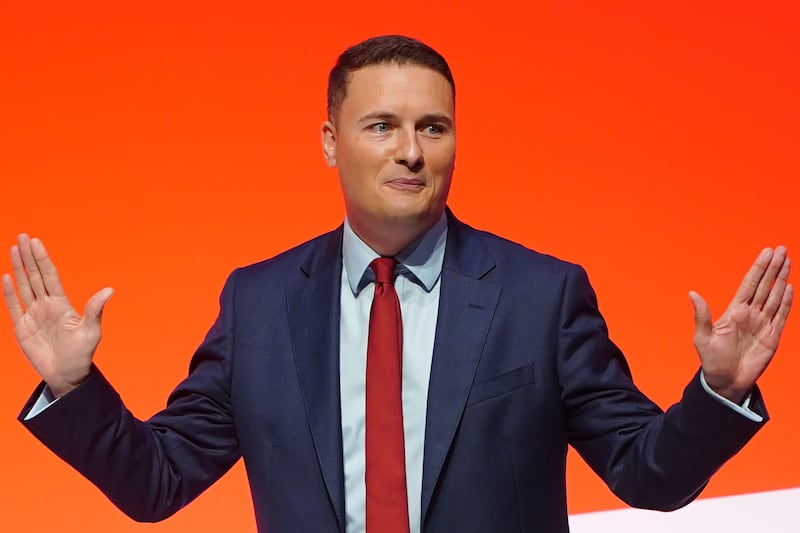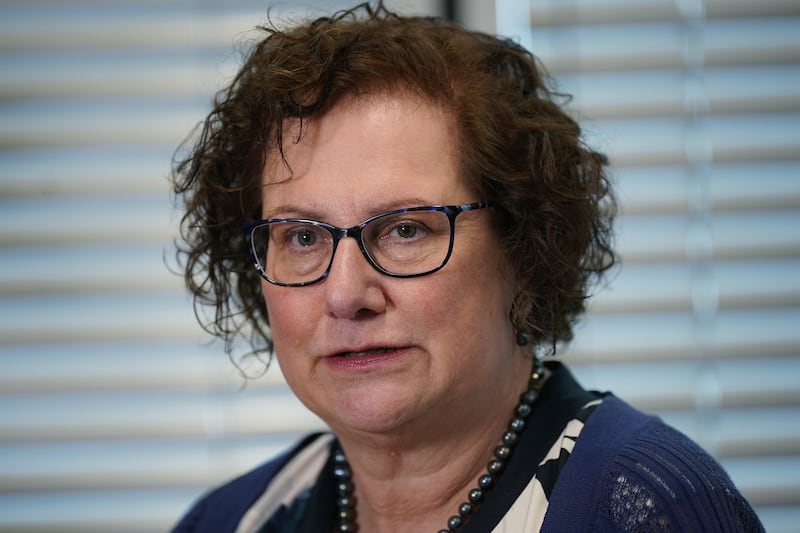A year after the Brexit referendum, a senior doctor has warned our crisis-ridden health service and threat of a strict border could leave him with no alternative but to head south. Health Correspondent Seanín Graham meets the consultant who says a cross-border stint in a Monaghan hospital "where it works like clockwork" has led his to reassess his future.
A LEADING doctor with 25 years' experience has launched a blistering attack on the "onerous" conditions in the north's health service - and threatened to move south if a hard Brexit is imposed.
Dr Peter Maguire has said the level of cost-cutting in northern hospitals means medics must "beg" for the best anaesthetic drugs that are easily accessible in the south.
The consultant anaesthetist, who is based at Daisy Hill hospital in Newry, told the Irish News his experience of working in a Co Monaghan hospital over the past year and a looming Brexit will have a major impact on his career path.
"The retirement age is now 68. I’m 48 - do I see myself in 20 years being at the coalface of the NHS which is tough work and underresourced? I just don't know," he said.
"The health service here is just so, so stretched. The idea of Brexit with passport control and an identity check and a customs check to go a short distance to do a day's work, which is ultimately for patient care, is just ridiculous.
"It's therapeutic to go into work in the Republic. You go to work in morning, you’re happy in your work. Time is not relevant, it's just the happiness of being in the job."
The Newry man said that pressures in the north's health system had "crept in" three years ago but had got "much worse".
"We used to have bed pressures during the winter. We don’t have winter pressures any more, we have 'every day' pressures," he said.
"Driving into work in the morning, you think I wonder will we get to do a day's work today? You don't know how it will all pan out."
Dr Maguire took up the offer of working part-time in a Southern hospital a year ago as part of cross-border project funded by EU money.
The Monaghan facility is a smaller public hospital which only carries out day procedures and does not treat emergency patients.
Significantly, doctors can easily access the best drugs to treat patients undergoing surgery.
According to Dr Maguire, there is endless form-filling and "palaver" to get permission to use the same world-class drugs on northern patients.
"When I work in Monaghan there's a particular new drug which I use in every single anaesthetic. When I come in, it is on my anaesthetic trolley. If I want to use that in Northern Ireland, I have to fill in forms and effectively beg for its use and make a case in writing. This is due to cost.
"The benefits are that it's a newer drug, it's a cleaner drug and just really effective. If you’re wondering why there is easier access, it's because it's made in Ireland. What's the point in having all these pharmaceuticals, what's the point in not being able to use them."
Pharmaceuticals giants such as Pfizer are based in the Republic and medical drugs are the country's biggest goods exports - with 4 billion euros worth leaving the State each month.
Dr Maguire is concerned the introduction of a hard Brexit will compound the situation even further with inflated drug prices.
"Let's say this drug costs 100 euros a vial, I'm not sure of the cost. The Euro cost will stay static but with the value of the pound, what's it going to end up like?"
Fears there will be a massive drop in the number of EU health professionals applying to work in the north's health service have also been documented - with a 96 per cent reduction in EU nurse registrations to the NHS since the Brexit referendum.
Just 46 nurses applied to practise in the entire NHS in April this year, falling from 1,304 in July last year.
Dr Maguire also pointed to the "red tape" difficulties facing some northern surgeons post-Brexit who trained in Queen's University and require Irish registration.
"There is cross-border exchange not only in cardiac services but also on the GP front. There is obviously concern for services, such as the cancer unit at Altnagelvin in Derry used by many Donegal patients. Will they have go to Galway for treatment even though radiotherapy is much closer to home?"
The Co Down man accepted that consultants are well paid in the north - but that a big change in the pound to euro exchange rate may impact significantly on salary.
"Something that only occurred to me a week ago is I can be in Drogheda or Dundalk much quicker than I can be in Craigavon where I can work from time to time.
"In terms of salary, would I be better off working in Republic? I’m not talking about moving house or anything. Six months ago, I wouldn't have even thought of it but now would think of it.
"The problem is NHS pressures are so onerous and the pressures are getting much worse. The more austerity, the lack of future planning, the more difficult it will be. I do not know if the pressure would be less under a post-Bengoa system, I do not know."
****
SMALLER hospitals in Northern Ireland with A&E deparments should be downgraded and turned into centres for planned operations, according to a Co Down medic based at a crisis-hit facility.
Dr Peter Maguire, who has worked at Daisy Hill hospital in Newry for the past 15 years, told the Irish News that the "time had come" to centralise A&E services in bigger hospitals so that expert care is under the one roof.
The Co Down hospital is under threat of losing its 24-hour casualty department due to short-staffing of senior doctors despite 19 recruitment attempts by the Southern trust.
Last month the Irish News reported how A&E consultants in Belfast were being offered at least £1,500 to work on-call to Daisy Hill while staying in the 4-star Canal Court hotel.
Dr Maguire said that campaigners and politicians need to realise "you can't have every service on your doorstep".
A string of independent reviews on the north's health service as far back as 2001 has recommended axing five A&E hospitals on the grounds there are too many for a population of 1.8 million.
Dr Maguire said: "Has the time really come - and I think it has - for us to completely divorce primary and elective care. That’s something I would be very strong on, by that I mean the idea of elective care centres with planned surgery.
"The problem Daisy Hill has is that it's small, that's not Daisy Hill’s fault. It doesn't have all the facilities bigger hospitals have. Healthcare is very expensive. If you want to have a world-class healthcare system it may be that you need to get treated in a bigger unit."
Dr Maguire has been doing ENT procedures in a Monaghan hospital that carries out day-cases as part of a cross-border project.
He said there is a "guarantee" that patients will be treated as there are no emergency cases that can lead to cancelled operations due to bed shortages.
"When you go to work in Daisy Hill what you’ll find that overnight there's a significant number of overnight emergency admissions which impacts on planned operations for that day.
"If we're going to have best service with the best outcomes we're going to have to have it on fewer sites."
